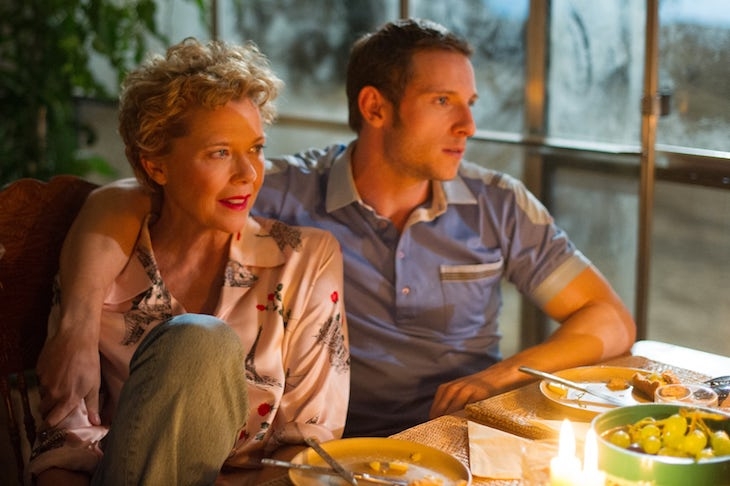Wonderstruck is a film by Todd Haynes and you will certainly be struck by wonder, often. You will wonder at its painful slowness. You will wonder at the way it strains credulity until it snaps. You will wonder if the violins will ever give it a rest. You will wonder if it will ever end. And you will wonder at the ending, when it does finally come, as it is so stupid. So it does not short-change on the wonder front. Whatever the price of your cinema ticket, you will be getting limitless wonder in return.
Haynes is usually such an immaculate, thoughtful, winning filmmaker (Carol, Far From Heaven, Velvet Goldmine, that Karen Carpenter short told with Barbie dolls — Superstar) that you will also wonder: how could he have helmed such an unholy mess? ‘Is it for children?’, I heard someone ask, hopefully, after the screening I attended. ‘I don’t think it’s for anyone,’ I felt compelled to reply. ‘It’s a fairy tale,’ someone else remonstrated, defensively. But at this point I chose to leave it there, as I did not have the energy for a fight. I’d just given two hours to a film concluding not only with a vast chunk of exposition, but a vast chunk of exposition that entirely failed to add up. And that takes it out of you.
As based on the novel for young adults by Brian Selznick, who also wrote the screenplay — so perhaps we can lay some of the blame at his feet — this offers a bifurcated narrative following two 12-year-olds separated by half a century. First, we have Rose (Millicent Simmonds), who is deaf and lives in New Jersey in 1927 with her brutal father. She runs away from home, heading to Manhattan in search of Lillian Mayhew (Julianne Moore), the movie star she idolises. This half of the story is wordless and shot in monochrome as a silent movie pastiche, like The Artist. Simmonds, who is a deaf actress is, in fact, wonderfully expressive and compelling and you do wish Haynes had just stopped here, but no.
So we also have Ben (Oakes Fegley), who lives in rural Minnesota in 1977 but runs away to Manhattan too. His beloved mother (Michelle Williams) has died and he is in search of his absent father. Ben is not deaf at the outset but he becomes deaf after being struck by lightening, which has to be a blessing, given how his every move is so beset by those violins. Everything happens for a reason, you will have been told at some point in your life, but that doesn’t apply here. For instance, his mother, as seen in flashback, had always refused to tell Ben anything about his father. There has to be a good reason for that, you will think. Mistakenly. I couldn’t even fathom why Rose and Ben had to be deaf. What’s the point?
Where were we? OK, so they’re both in Manhattan where they both have cause to gravitate to the American Museum of Natural History. From here on in, they are either walking round the museum, or they are walking to the museum, or are walking from the museum. This offers a ‘mesmerising symmetry’, according to the press bumf, but it is anything but. It is tedious. There is no danger, no excitement, no tension, no drama even. Plus you can’t feel anything for Ben and Rose as they haven’t been awarded any particular characteristics and are purely plot ciphers.
Oh, the plot. The plot is so reliant on coincidences and contrivances you’ll want to throw stuff at the screen. We hang on in there, to the extent that we do, to discover how the pair might be connected, and what do you get for your trouble? That chunk of unconvincing exposition. So there is plenty to wonder at with Wonderstruck, including whoever thought it was a good idea.






Comments